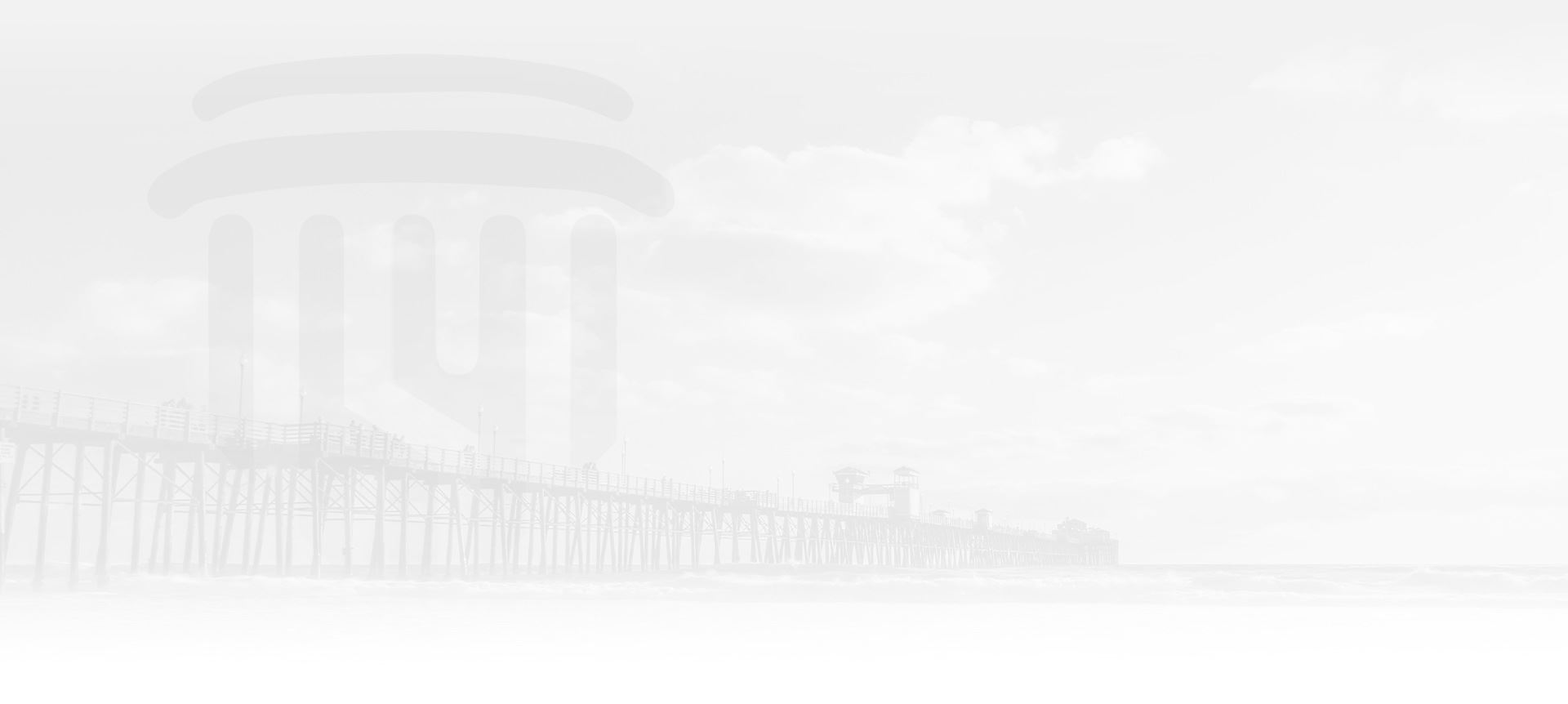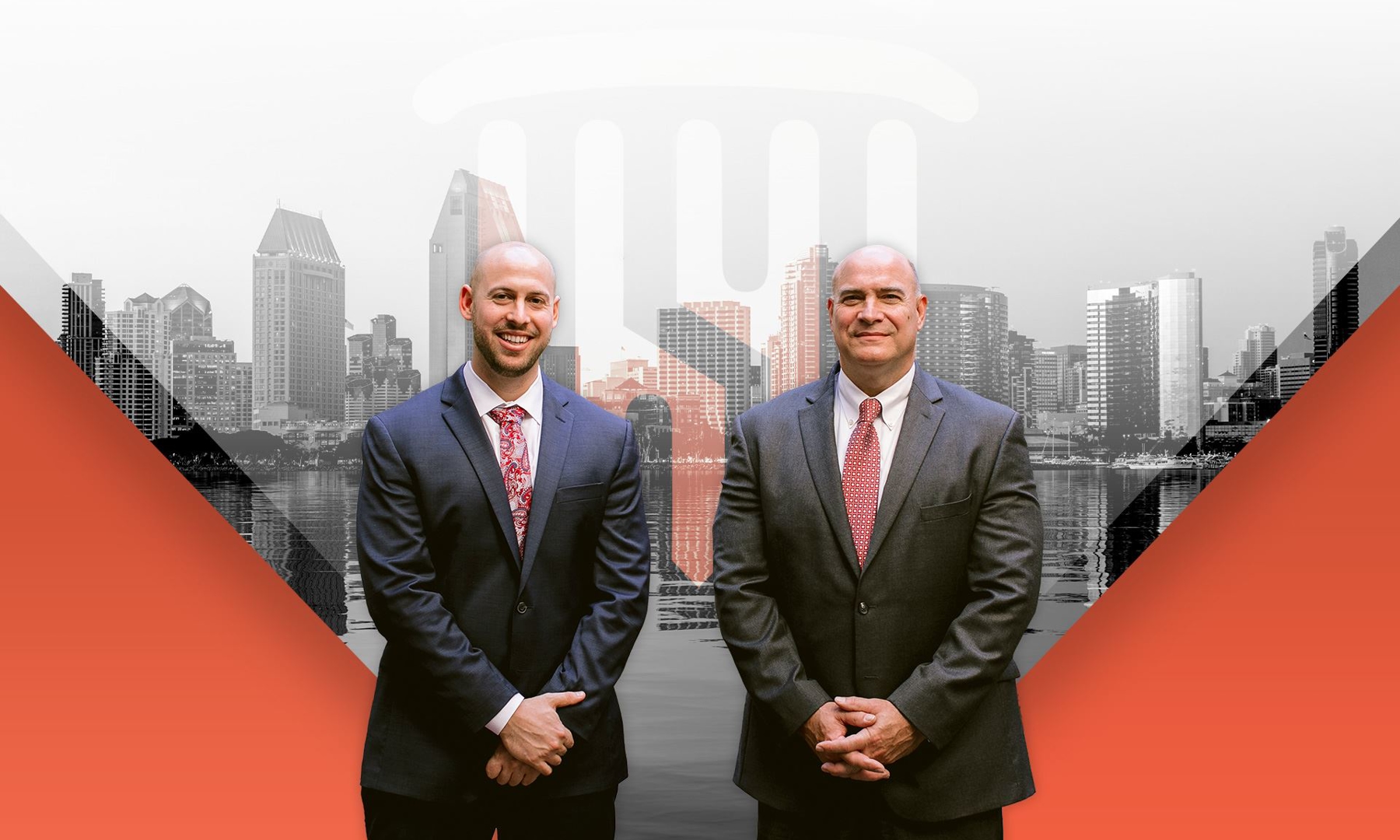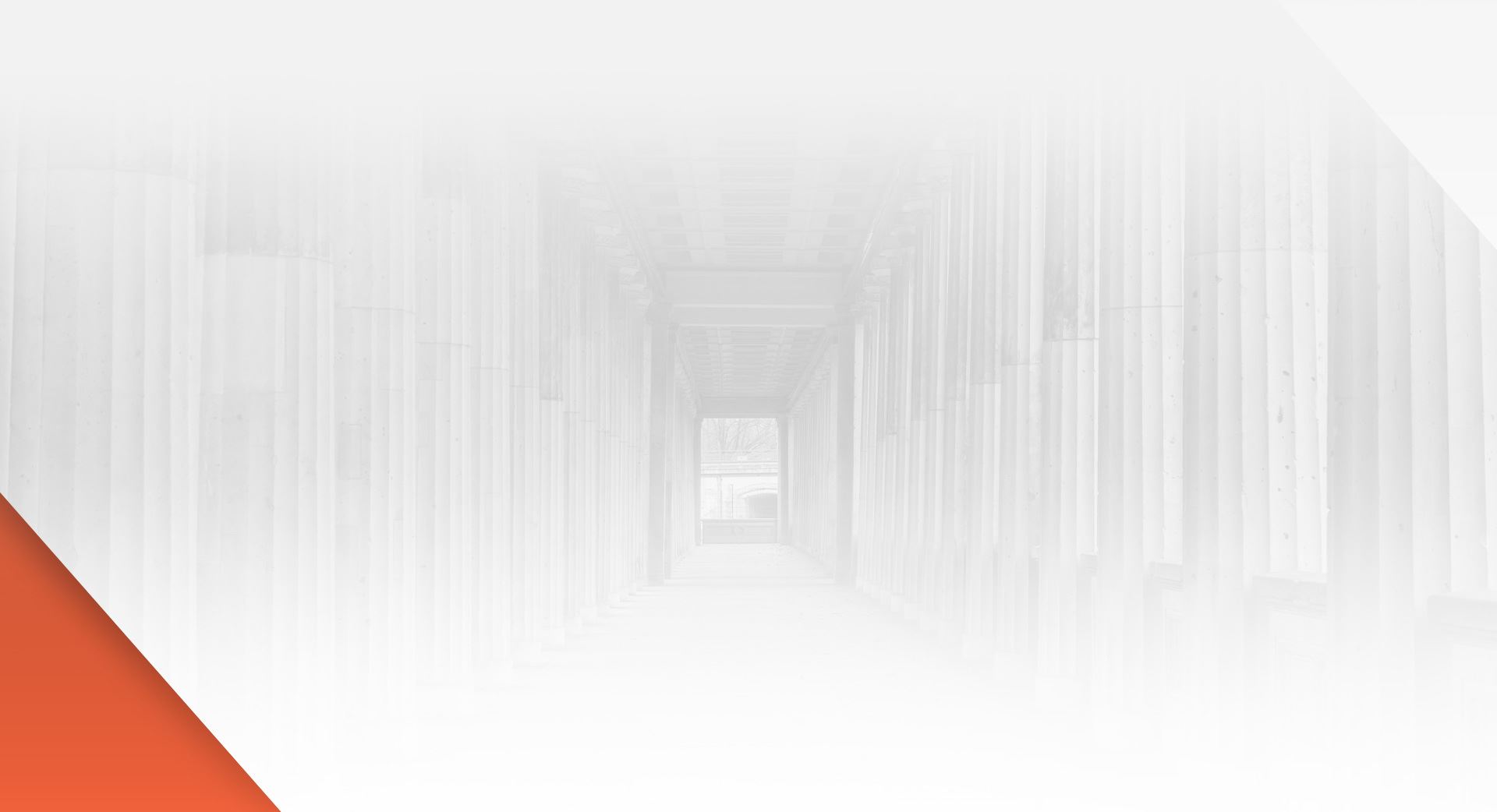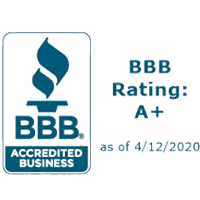
Chula Vista Chapter 7 Lawyer
Discharge Qualifying Debt in Chula Vista - Quickly & Effectively
Drowning in bills you know that you cannot pay can be terrifying, especially as you start to receive calls from impatient creditors. A divorce, devastating accident, unexpected illness, or loss of income can all contribute to a situation where you cannot keep up on payments.
Before long, late fees, penalties, and interest together can compound your debt and make the problem seem insurmountable. While it is understandable to feel stressed, you may be able to retake control of your finances through filing for Chapter 7 bankruptcy.
Our Chula Vista Chapter 7 bankruptcy attorneys at The Sexton Law Firm are ready to help you defeat debt through filing for bankruptcy. Our attorneys have thorough knowledge of Chapter 7 bankruptcy laws and can guide you through each step of the process.
Our legal team can determine your eligibility, safeguard exempt assets from liquidation, and help you understand what debts you may be able to discharge. Our goal is to help you escape overwhelming debt and work toward a more financially sustainable future.
Do not let debt take over your life. Contact us online or call (619) 202-8976 to see if Chapter 7 bankruptcy makes sense for you.
How Does Chapter 7 Bankruptcy Work?
Chapter 7 bankruptcy is known as liquidation bankruptcy, which means that your nonexempt assets are sold off by the bankruptcy trustee to pay back your creditors.
The process can take between four to six months. If you do not have any assets to sell, your bankruptcy case can be closed usually four months after filing your petition. If creditors want to contest your discharge, this can prolong your chapter 7 case.
When liquidation has concluded, the bankruptcy court in Chula Vista, will generally allow you to discharge any remaining unsecured debts, which are debts that have no collateral. Once your qualifying debts are discharged, the case is complete and you will have no further debt obligations except for any debts that are not dischargeable.
What Debts Are Discharged in Chapter 7?
Most unsecured debts can be discharged in a Chapter 7 case. Unsecured debts include most types of debt that do not have collateral attached, including:
- Credit card bills
- Medical debt
- Utility bills
- Personal loans
- Collection agency accounts
- Business debts
- Past due rent
What Types of Debts Cannot Be Discharged in Chapter 7?
Understand that you will not be able to discharge secured debts like your mortgage or vehicle loans. In addition, tax debt, alimony, child support, and some government fines and penalties do not qualify for discharge in bankruptcy.
However, the ability to discharge other types of debt can give you the financial flexibility to redirect funds toward these payments, allowing you to keep your home and car. Our lawyers can help you explore these options.
How Do I Qualify for Chapter 7 Bankruptcy?
Chapter 7 is for people with limited monthly income, so you will likely only qualify if you can meet the income limit requirements, which is called the Means Test. If you do not currently have any disposable income, you may likely be eligible for Chapter 7 bankruptcy.
To determine whether you are eligible for Chapter 7:
- First, determine your average monthly income over the last 6 months.
- Second, compare that number with the median average income for your household size in California.
If your income is less than the median average, you automatically qualify for Chapter 7 bankruptcy.
What If I Don't Pass the Means Test?
If your income meets or exceeds the median average, you still may qualify for Chapter 7 bankruptcy.
You will need to assess your current level of disposable income by subtracting necessary living expenses from your average monthly income, such as:
- Food
- Transportation
- Some education costs
- Taxes
- Medical care
You can also safely count any secured payments, including payments on your rent, mortgage, or car loan.
Any funds you have left over after subtracting necessary expenses constitutes your disposable income. If you have too much disposable income, you will likely be asked to file for Chapter 13 bankruptcy instead of Chapter 7 bankruptcy. Our legal team in Chula Vista can help assess your eligibility and ensure all qualifying expenses are deducted when determining your level of disposable income.
Can Chapter 7 Stop Foreclosure, Repossession & Creditor Harassment?
Once you file for Chapter 7 bankruptcy, you are protected under a court order called the “automatic stay.” This injunction immediately prevents creditors from communicating directly with you and freezes any collections actions. The automatic stay is a powerful feature of bankruptcy and can be used to stop foreclosures, end creditor harassment, and prevent vehicle repossessions. The order remains in effect until your bankruptcy filing has been completed.
With the automatic stay in place, a bankruptcy court will appoint a trustee to oversee your bankruptcy case in Chula Vista. They will meet with you and your legal representation to initiate the liquidation process.
What Assets Are Exempt in a Chapter 7?
You may have heard about liquidation, which involves the trustee selling – or liquidating – nonexempt property to help partially repay your debts. While this can sound scary, the reality is that a Chapter 7 bankruptcy is not meant to leave you without any property.
You are able to use a federal or state exemption schedule to protect certain types of assets from liquidation. Our Chula Vista chapter 7 bankruptcy attorneys can help you leverage these exemptions and minimize any liquidation impacts.
Using California exemptions, Chapter 7 bankruptcy filers can generally protect:
- Your primary residence
- A motor vehicle
- 75% of your wages
- Retirement benefits, including pensions
- Public benefits, including unemployment payments
- Insurance proceeds
- Personal property, including jewelry, art, clothing, furniture, and other sentimental items
Every bankruptcy is different. Do not assume that exemptions will automatically save assets that are important to you: Always consult with an experienced Chula Vista bankruptcy lawyer before filing. Our legal team can evaluate your situation and walk you through what types of property you will be able to safeguard from liquidation.
Can I Keep Any Credit Cards If I File For Chapter 7?
The issuing banks will often close your credit card accounts when you file for Chapter 7 bankruptcy. This is due to the fact that credit card issuers will usually cancel your accounts, no matter how much money is owed, if they see bankruptcy filings as evidence of unstable finances.
There are certain exclusions, though. The credit card issuer can let you keep your card if it had no balance when you filed. Due to the fact that credit card companies have their own bankruptcy policies, this is not always guaranteed. Reaffirming a credit card debt, which is an agreement between you and the creditor to keep that debt out of your bankruptcy discharge, is another option that you may want to consider, but it can be quite risky financially and requires court approval.
Speaking with knowledgeable Chula Vista Chapter 7 lawyers, like those at our law firm, can help you better understand the subtleties of how credit cards are handled during bankruptcy. We can help you navigate the legal system and offer specialized counsel based on your unique situation. Our aim is to safeguard as much of your assets as we can while assisting you in a seamless Chapter 7 process.
We Can Help You Navigate Chapter 7 Bankruptcy
Filing for Chapter 7 bankruptcy can be intimidating, especially if you are concerned about losing your home or other important assets to liquidation.
Our Chula Vista Chapter 7 bankruptcy lawyers at The Sexton Law Firm have helped countless individuals and their families leverage Chapter 7 bankruptcy’s many benefits. We can determine whether filing might make sense for you and work to minimize your estate’s exposure to liquidation.
Take the first step to conquering your debt by scheduling a consultation with our team. Call (619) 202-8976 or contact us online to get started today.

Why Hire The Sexton Law Firm?
Get the Representation You Deserve
-
We Listen to Your Story and Create a Strategy to Achieve Your Goals
-
With offices in Chula Vista, Oceanside, and La Mesa, we serve clients throughout all of Southern California
-
We Offer Free Consultations - Regardless of the Legal Matter
-
We Offer Phone and Video Consultations For Your Safety and Convenience
-
We Are Bilingual and Serve Our Clients in English and Spanish
-
We Are a Family Owned and Operated Law Firm
Attorneys Dedicated to Protecting Your Legal Rights







